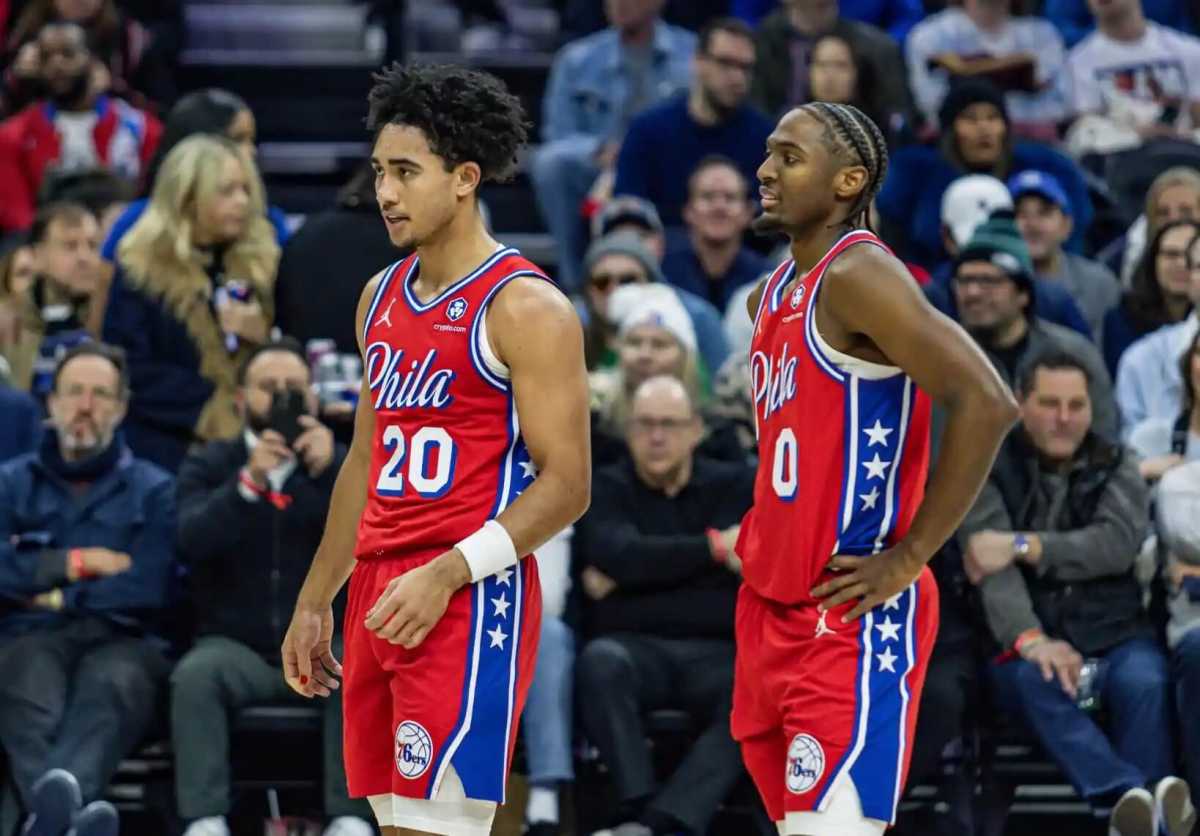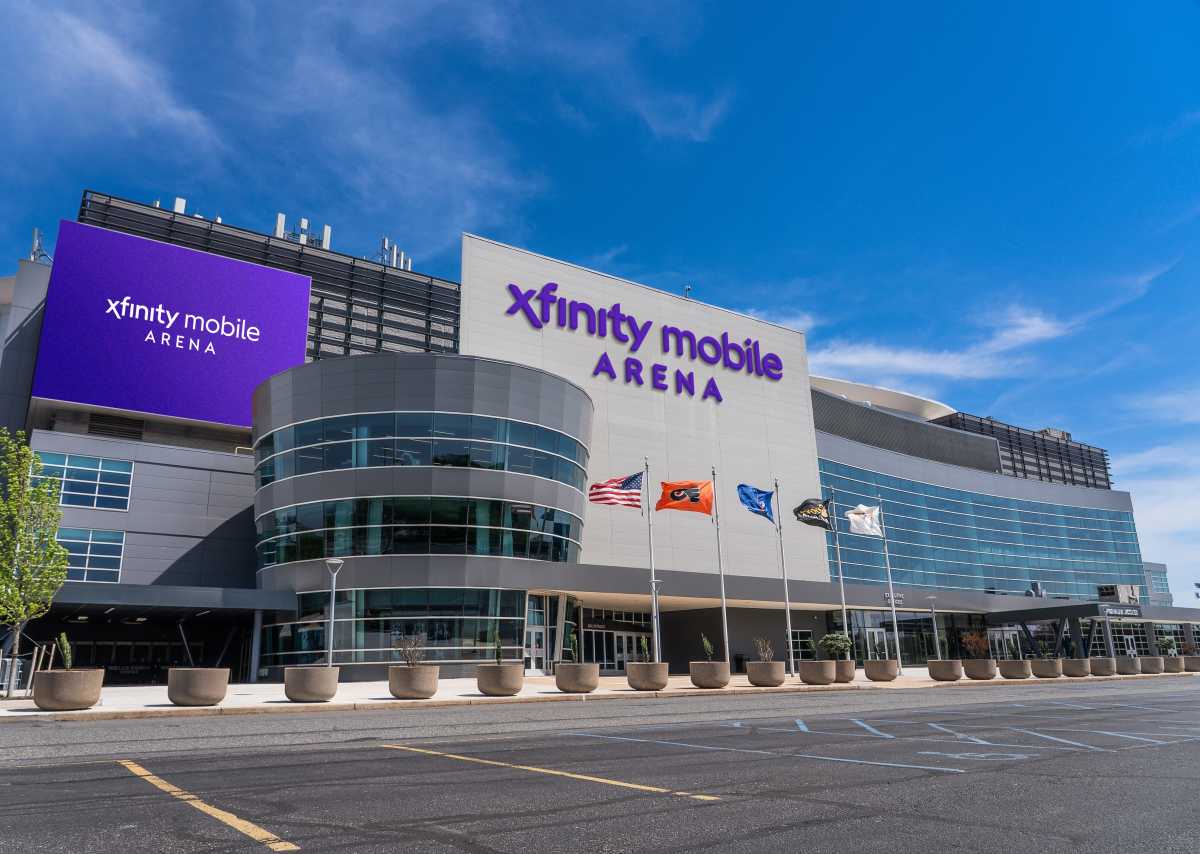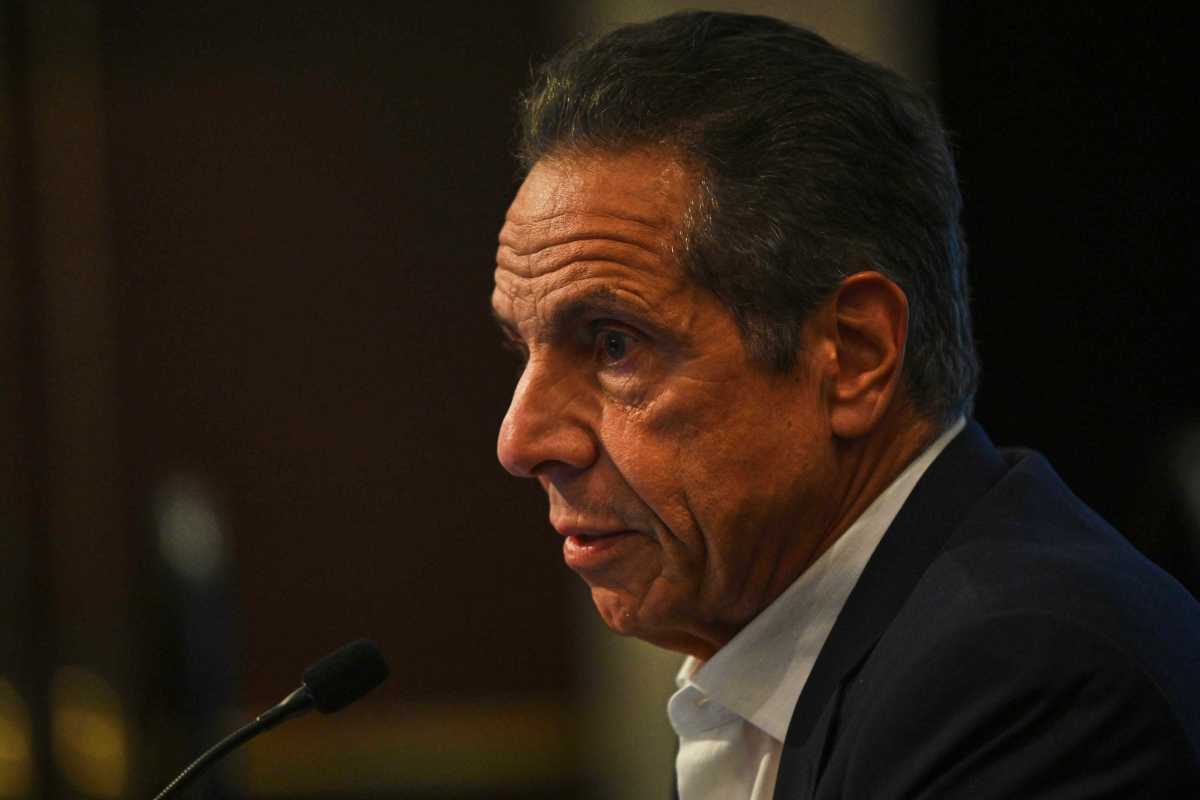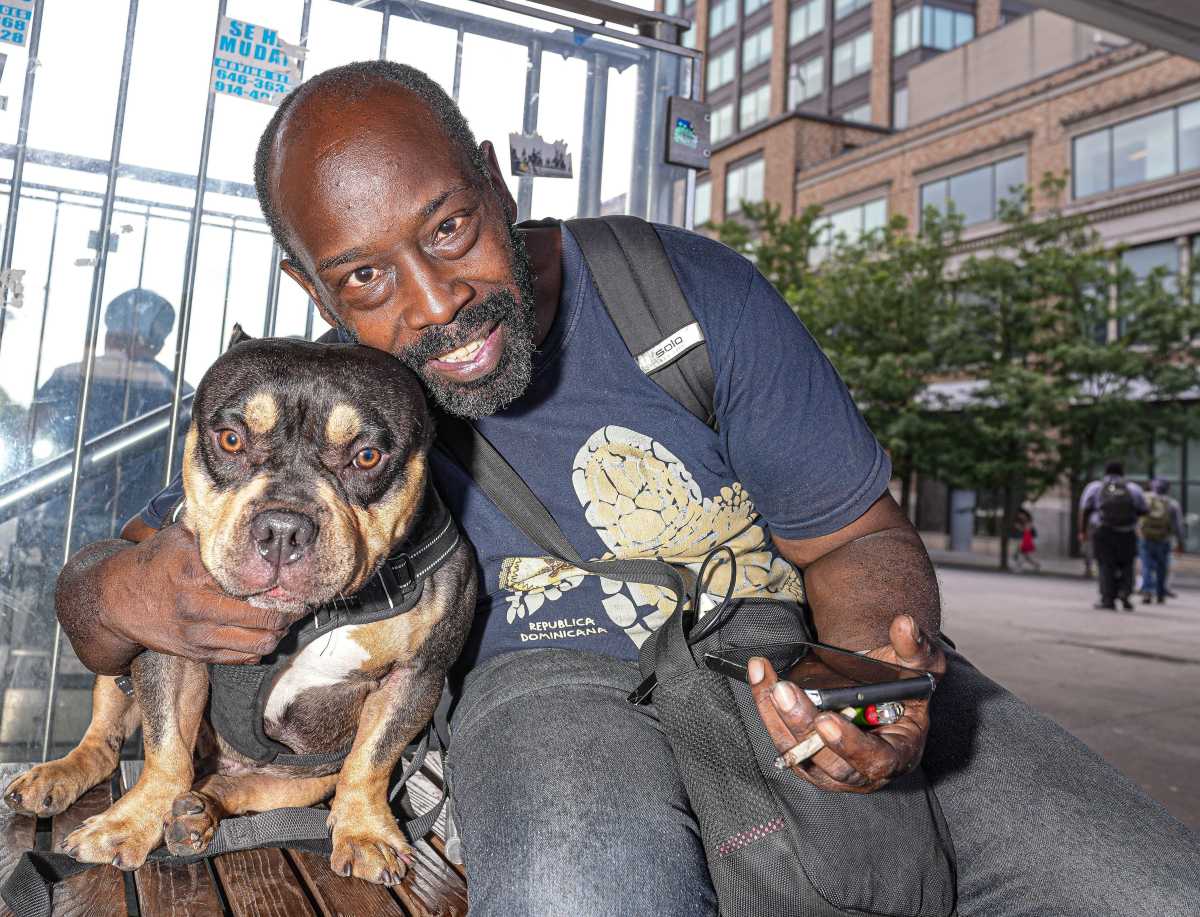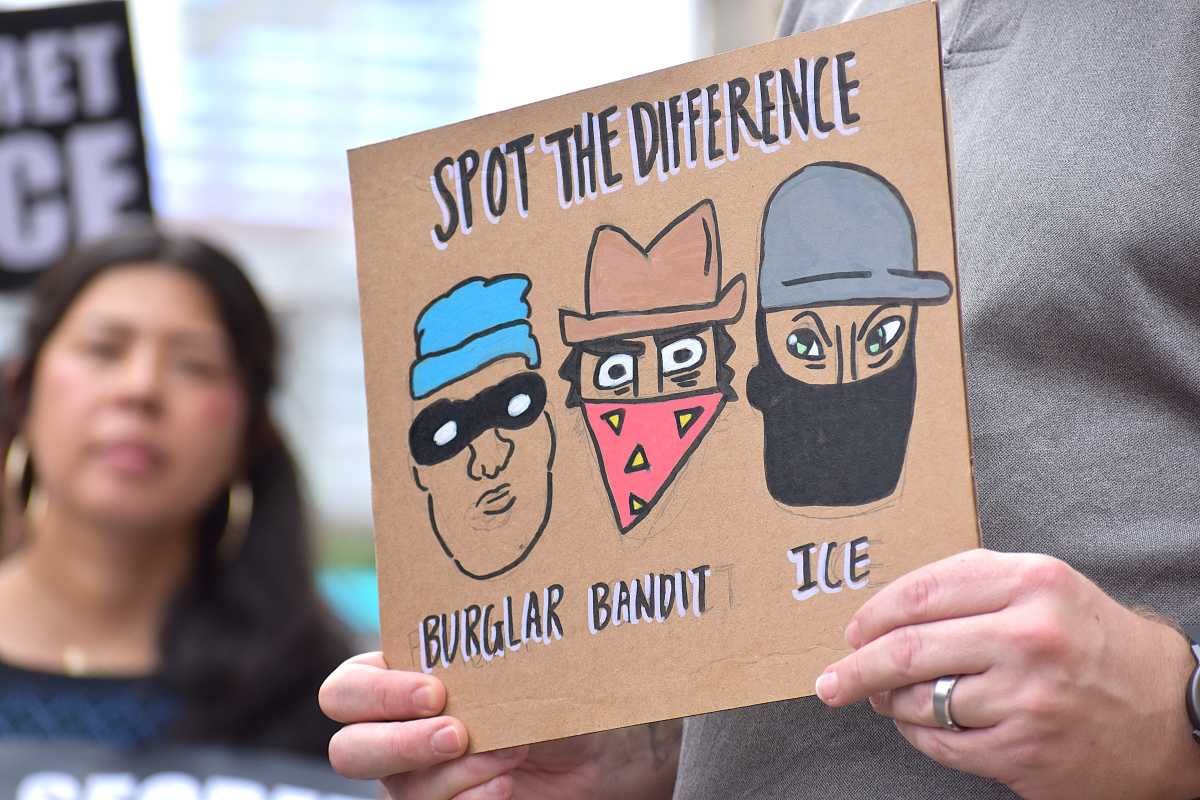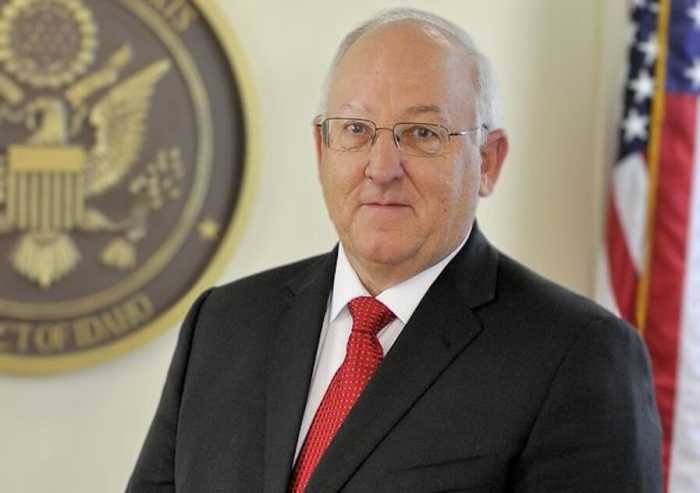Harry Knowles, the original online movie geek and founder of AintItCool.com, jumps from the web to the world of television with “Ain’t It Cool with Harry Knowles,” his web series that’s now a full-fledged series airing on Austin’s PBS affiliate, KLRU. To mark the occasion, we caught up with Knowles to talk about making the show, handling Kickstarter criticism and always keeping positive.
What’s changed about the show in bringing the new stuff out?
Well, the first version of the show was a web series, and that was me sort of experimenting with the format in a lot of ways. I grew up, like everybody else, watching “Siskel and Ebert” and those sorts of shows, and I just always felt there was another way to talk about film. We’re talking about the stuff in a way that’s completely natural and fun, but of course as soon as we got involved with PBS that meant I had to clean up my act a bit. I had to make it for all audiences, which is fine. And now the shows are full-on half-hour shows, and that’s just a different format. When you’re doing things in the eight-to-fifteen minute range, you’re having fun, but you’re not really being able to give people substantial content. I mean, I’m really happy with how the first season turned out, but now it’s more of a real show. (laughs) The first episode that was supposed to air was the Burt Reynolds episode, but PBS decided to go with Danny Boyle because they felt it was a better fit for their programming. They teamed it up with “Casablanca” for the domestic broadcast.
And when you think “Casablanca,” you automatically think of Danny Boyle.
Right. (laughs) I mean, in the world of inevitable remakes, I guess I would be less upset if Danny Boyle were in charge of that one, but I would just prefer that everybody stay the hell away from “Casablanca,” you know?
It does feel like that is one of the few films that is somehow off-limits.
I don’t know, you know? I really don’t. You hang in there, within our lifetime we’re going to see stuff like “Lord of the Rings” remade. We’re going to see stuff like “Casablanca” because all is takes is that one star that wants to be Humphrey Bogart or Ingrid Berman, right? It’ll be interesting. The thing that I would say is “Casablanca” is perfect for, like, the Gus Van Sant style of remake where you just reproduce that script. Don’t do shot for shot, but redo the script. I mean, are you going to make any of the dialogue better? No, never. It’s a perfect film. But the reasons people do those sorts of remakes is to see what they can do with it.
Like the recent “Strangers on a Train” remake news.
Right. Well, except they say it’s on a private jet. So wait a minute, you’re doing “Strangers on a Train” and you don’t even have a f—ing train? That’s amazing. (laughs) But at the same time, trust adventure, you know? I genuinely like Ben Affleck as a performer, I genuinely like pretty much everything that David Fincher has ever made, so it’s hard for me to get downright angry. And knowing that they’re completely modernizing it, it’s not going to even interfere with the original. No matter how the remake turns out, my original “Strangers on a Train” is going to be perfectly fine at home. It’s not even going to get touched by this movie. Remakes aren’t necessarily evil.
But we live in a Twitter-driven world of binary reactions. You can only love something or hate something.
I just saw “The Seventh Son,” which is a real middle-ground film, but people tend to exist in a binary world now. When you get to those movies that are flawed but you like them, there seems to be a lot of people who would rather just trash those movies than actually talk about the constructive criticism that these filmmakers, to make better films in the future, actually need.
Of the new guests, which is your favorite, if you can pick one?
Burt Reynolds. I got to have a conversation with Burt Reynolds. And not only did I get to have a conversation with Burt Reynolds, but it had nothing to do with anything that he’s doing right now. It was 100 percent about his love and appreciation for a dear friend of his, Hal Needham, who directed “Smokey and the Bandit,” one of the greatest stunt men who ever lived.
What about dealing with all your online naysayers, especially with regard to the Kickstarter campaign?
This was a situation where because the season was financed by Kickstarter, I didn’t want to take any of the money. And everybody was accusing me of that even though I’d announced during the campaign that I wasn’t going to get paid unless the show made a profit somewhere — which, making it for PBS, it’s questionable how you make a profit. (laughs) But that’s not really what it’s about for me.
Still, that’s a lot of naysayers to contend with.
Somebody once asked me, “Harry, how can you have such a positive attitude about stuff?” Well because I believe, at the end of my life, the story I want people to write is an inspirational tale. And if you simply choose to live your life as though it’s an inspirational tale, it allows you to get past a lot of negativity in the world. I’m surrounded by negativity online. I’m sure that doesn’t shock you.
That’s an understatement, actually.
Yeah. (laughs) But the entire time everybody was accusing me of just stealing all of the Kickstarter money, I just thought about what Jim Kelly said in “Enter the Dragon” about preparing himself for defeat. He just smiles and says, “Don’t waste my time with it. When it comes I’ll be too busy looking good.” (laughs) I know it’s really weird to look at Black Belt Jones and go, “He’s my f—ing Yoda,” but in a lot of ways he is, and I think that’s awesome.
That’s fantastic.
My thing is, when you are innocent of something that everybody in the world is seemingly accusing you of, you have a confidence because you know that everybody that’s shooting their mouths off is going to look like a frigging idiot when they see everything.
Well, that’s the Internet for you.
It all goes back to your zeros and ones on Twitter, the positive and negative feed on information. I know I’m guilty for loving a lot of stuff, but I believe that a lot of film criticism can be garnered via wanting to like something versus not giving a s— if it even plays. There are a lot of people who write about film where there’s a lot of movies that they couldn’t really care less about seeing. Then these movies get a lot of really bad reviews. I was in a theater for “Jupiter Ascending” recently, and there were people talking about how these early month movies are always s—. “We’ve got to get through this stuff. This movie was delayed, which means that it sucks.” Right? And it’s like, no, that’s not what it means. “Casablanca” was delayed by, like, a year and a half and was considered un-releasable by the studio, and it went on to be, like, the beloved movie of all time. Or take “Titanic.” It got delayed by a lot and ended up sweeping the Oscars. There are a lot of movies that get held because the studios just don’t know how to sell them yet. “Jupiter Ascending,” I get that the studio probably didn’t understand it at all. That’s fine. Most of them went to business colleges. Would you ask your banker for a movie recommendation? What about the person who handles your stock portfolio? But if you love science fiction, you look at this movie and oh my God. You’ve never seen a science fiction film quite like this.
Follow Ned Ehrbar on Twitter:@nedrick














